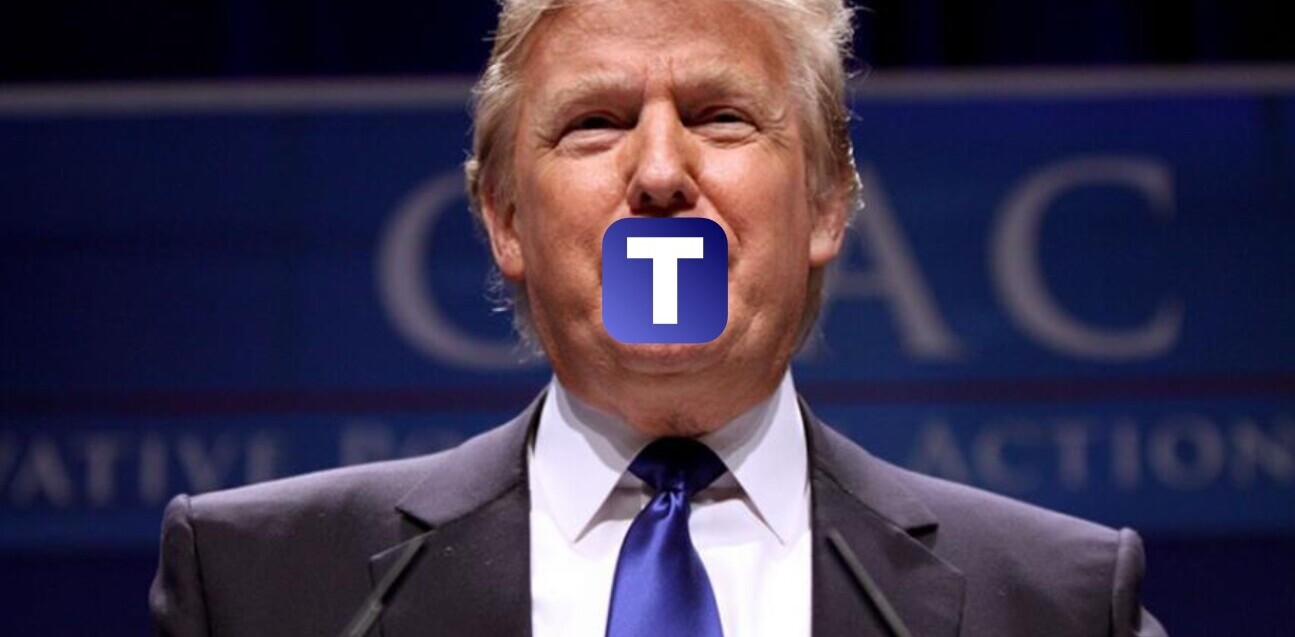
 The US Supreme Court is currently reviewing a case which could potentially decide how the right to privacy and the Fourth Amendment applies to your text messages.
The US Supreme Court is currently reviewing a case which could potentially decide how the right to privacy and the Fourth Amendment applies to your text messages.
In the case of City of Ontario v. Quon (PDF), Jeff Quon, a member of the city’s SWAT team, used his work pager to send personal text messages. Ontario officials found out about this when they contacted the service provider. Quon argued that the Fourth Amendment applied, and the Ninth District court agreed that Ontario officials had violated Quon’s expectation of privacy.
The Supreme Court’s review of the case has the potential to set the standard of how private digital communications, whether done from government equipment or not, can be accessed by law enforcement. The reason for upholding a constitutional expectation to privacy is that not doing so would set a double standard. According to Jennifer Granick of the EFF, “People are moving away from postal mail and landline phones to electronic communications. We should not be forced to leave our privacy behind.”
The argument that Ontario is using in this case to justify their position is pretty rough. According to a city policy agreement which Mr. Quon signed back in 2000, Ontario officials reserve the right to access any data sent or received over their network; part of the policy flat-out states that “access to the Internet and the e-mail system is not confidential.” But the wireless network in question is not the city’s.
Get the TNW newsletter
Get the most important tech news in your inbox each week.




